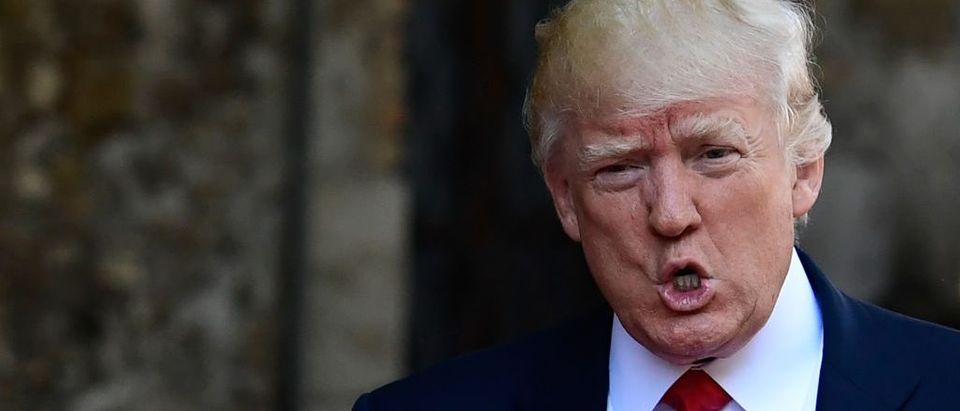Surrounded by passionate supporters of the Paris climate deal at the G-7 meet, President Trump listened to them, but said that he would make a decision only on his return to DC. The announcement would be momentous regardless of his endorsement of the deal or withdrawal from the accord. An overwhelming majority of the scientific (and political) community has concluded that climate change is man-made. The science proclaims that the welfare of the planet and therefore the lives of our children and grandchildren are inexorably tied to global emissions. Against this backdrop, it would seem unconscionable to not embrace the Paris deal. Still, here’s a counter-view.
I am not a science denier. I have no technical bona fides to delve into the scientific legitimacy of the genesis of climate change. More importantly, I have enormous respect for the intelligence and integrity of the scientific community that has concluded that climate change is man-made notwithstanding the few who have courageously voiced a dissent. That debate might endure, but let me explain why it’s irrelevant to the decision about the Paris climate accord.
Pragmatism propels me to question the benefits of the Paris deal while the costs are quite palpable. The Paris deal is about nations making a voluntary commitment to arrest the growth of emissions in the hope that the earth’s temperature does not rise and wreck an environmental and economic havoc. It’s helpful to review a few facts about where we are with respect to emissions, how we got here, and where we might be headed. Coal is the poster-child of pollutants. Over the past 15-20 years, the US has reduced the use of coal from about a billion tons to about 775 million tons per year – regulation, technology, social stigma, and alternative sources of energy have all been contributing factors for the 25% decline in the use of coal in the US over the past couple of decades. Over the same period, China’s coal consumption has quadrupled from about one billion tons to about 4 billion tons and expected to rise in the next few years. The trajectory in India is similar, but the amount of coal consumption currently is about 800 million tons, comparable to the US.
China and India have combined a population of about 2.6 billion and countries like Pakistan, Bangladesh, and Indonesia also have large populations. They are currently at about 10-20% of the level of economic development as the US or the developed world. These nations have registered spectacular economic growth in the past two decades and people of these nations have aspirations to grow even more! How can one even contemplate to deny them the pursuit of happiness through economic advancement? But fast economic growth will mean ever greater energy consumption.
The Paris Accord or not, the juggernaut of energy consumption will continue to roll forward, especially in the economically less progressed countries. Hectoring the less developed nations to sacrifice their aspirations in the interest of the earth’s climate is unlikely to bear fruit. The Paris Accord is nothing more than feel-good therapy that chases the mirage of global coordination that would reduce emissions. In the meantime, embracing the accord would impose costly regulation on the US and the change in emissions from the US will amount to nothing more than a rounding error in the global context. This is the harsh reality –developing nations’ population is more than ten times that of the US and their emissions are several times that of the US. Moreover, this chasm is only expected to widen in the years to come.
Societies, businesses, and nations choose among various sources of energy based largely on cost. As the cost of solar and wind and other renewable forms of energy has spiraled down, the demand and supply of these sources of energy have blossomed in the US and elsewhere. Technology has been the harbinger of progress toward more intensive use of green energy. Paris Accord and greater regulation will not solve climate change. Our best hope is technology. Encouraging investment in technology would be helpful. The global energy market is gigantic. The private sector comprising entrepreneurs, academics, and corporations have tremendous economic incentives to develop green-energy technology. These can be complemented with fiscal incentives designed to accelerate technological breakthroughs and channel greater investment in clean energy.
S.P. Kothari is the Gordon Y. Billard Professor of Accounting and Finance at MIT and Director of the MIT India Program


